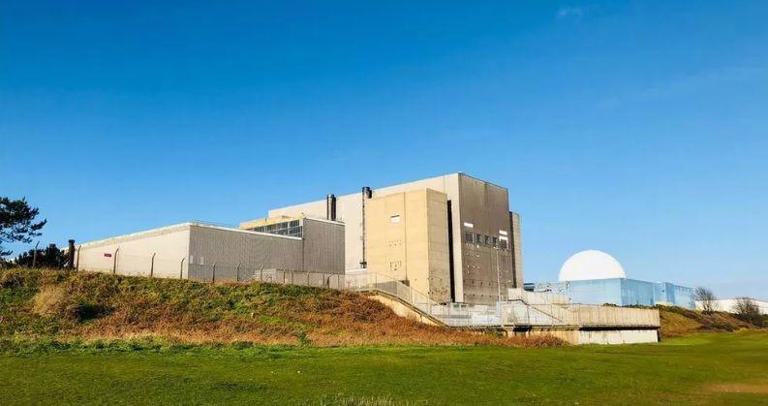The discourse surrounding energy creation and transportation in Suffolk reflects a multifaceted and evolving dialogue among residents and political candidates alike. This longstanding issue has prompted significant debate and consideration of the potential impacts of various infrastructure projects proposed for the region, including nuclear power, offshore wind farms, and associated transmission infrastructure.
Residents like Pat Dorsey, residing near proposed nuclear power sites, express concerns about the lack of comprehensive planning by the government. Dorsey’s apprehensions stem from the perceived hastiness in the pursuit of net-zero emissions targets, which she fears may result in irreparable harm to Suffolk’s scenic landscape and ecosystem. Her sentiments underscore a broader sentiment among locals regarding the need for more thoughtful and inclusive decision-making processes.
Similarly, the Gildays voice apprehension regarding the onshore infrastructure associated with renewable energy projects. While they support the principles of renewable energy, they are wary of the potential visual and environmental impact of large-scale installations, such as substations, within their community. Their concerns highlight the importance of considering local perspectives and mitigating potential disruptions to residents’ quality of life.
Conversely, advocates like Barry Spivack and Joseph Sander emphasize the economic and environmental benefits of renewable energy technologies. Spivack underscores the potential for job creation and reduced reliance on fossil fuels, advocating for a transition towards sustainable energy sources. Sander echoes these sentiments, emphasizing the need to prioritize wind and solar energy over costly and contentious nuclear power projects.
The divergent viewpoints among political candidates further reflect the complexity of the issue. Conservative candidate Therese Coffey’s support for the Sizewell C nuclear power station is tempered by her emphasis on protecting greenfields and prioritizing brownfield development. In contrast, Julian Cusack of the Green Party opposes new nuclear power stations, advocating instead for greater investment in offshore wind and community-driven energy initiatives.
Labour candidate Jenny Riddell-Carpenter stresses the importance of community engagement and equitable distribution of benefits from energy projects. She underscores the need to listen to local concerns and ensure that investments align with the region’s needs and priorities. Conversely, Liberal Democrat candidate Julia Ewart criticizes what she perceives as the exploitation of Suffolk communities, calling into question the viability and sustainability of projects like Sizewell C.
As Suffolk navigates these complex challenges, residents and policymakers alike grapple with striking a balance between energy security, environmental stewardship, and community well-being. The ongoing dialogue underscores the need for inclusive decision-making processes that prioritize sustainability, equity, and the long-term interests of Suffolk residents.
